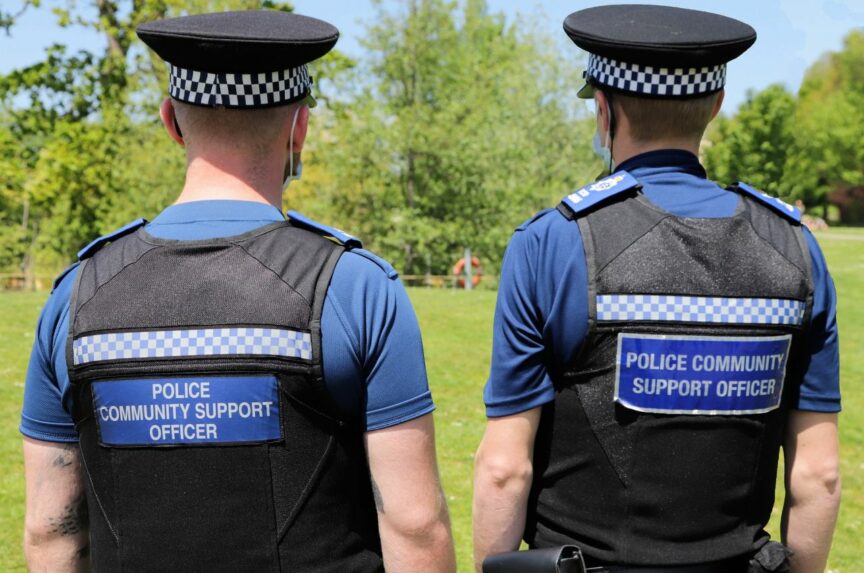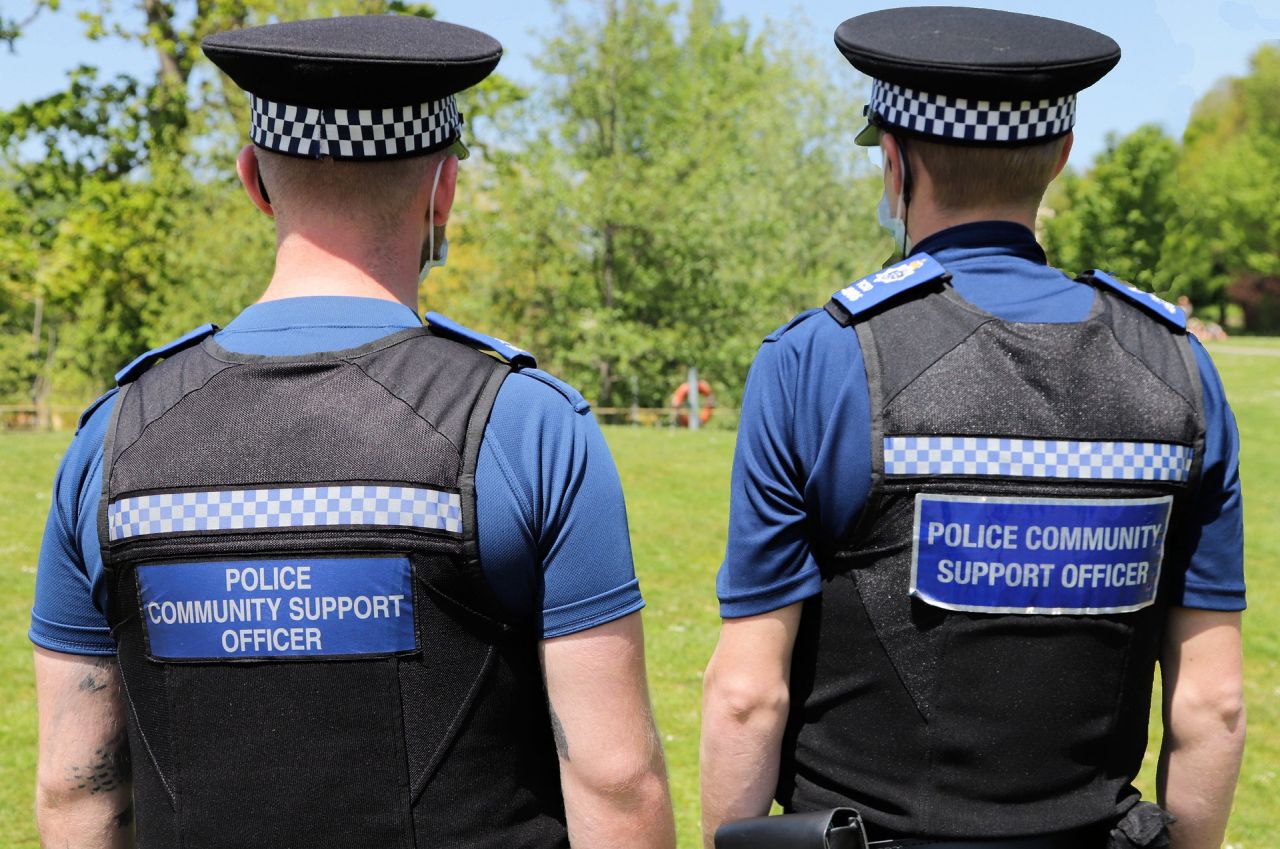Seven firefighters are to be trained as police officers is what is believed to be a national first – as originally reported by DevonLive.
The Devon and Somerset Fire and Rescue Service on-call firefighters will be trained as special constables in a new role known as a ‘community responder’.
These new community responders will have the ability to go to both fire and police incidents, increasing not only the police presence but also the number of available on-call firefighters in communities.
The project aims to improve response times in rural locations, better connect with the public and deliver joined-up prevention activities, providing a better service to communities keeping everyone safe.
This innovative police and fire collaboration project is being funded by Devon and Cornwall’s police and crime commissioner Alison Hernandez who hopes it will improve access to the emergency services for communities in Devon.
The seven community responders have been recruited into locations where there is a need based on risk, vulnerability and harm – Cullompton, Crediton, Dartmouth, Honiton, Okehampton, Newton Abbot and Totnes.
Ms Hernandez has committed funding for an initial two years covering recruitment and ongoing training costs with the possibility of extending further. It forms part of her commitment to improving collaboration between the emergency services.
“I’m incredibly pleased to be able to support this collaboration. We don’t know what future funding will look like for any of our emergency services and working together on unique projects like this will improve the service both organisations can deliver to people in Devon.” said Ms Hernandez.
“I look forward to seeing the benefits that our communities will reap from this innovative work.”
Kevin Pearce, who will be the new community responder for Cullompton, says he was motivated to take on the role by a lifelong interest in police work.
He said: “I think this pilot will be really beneficial – it will mean I can be more of a presence in the community and a face that people will recognise and can approach about both police and fire related incidents and we can help reach more people.
“Everyone that I’ve spoken to about the project seems quite excited about it, it’s great to be able to enhance the presence of emergency services in communities where it’s needed. I’m really looking forward to being at the forefront of this trial.”
Chief Inspector Tom Holmes, the Devon and Cornwall Police lead for emergency services collaboration, said: “This project provides an excellent opportunity for both police and fire to add additional officers into our communities who will be able to approach every issue from two points of view.
“Importantly they will also be able to answer calls for service and maintain fire cover in some of our most isolated communities. This is a national first, the potential of which both services share a huge excitement about.”
Group manager Jeff Harding of Devon and Somerset Fire and Rescue Service, said they were “really pleased to take part in this initiative as it supports on-call firefighters in areas where we have recruitment challenges”.
“The service provided to people living in these towns will be enhanced as the community responders will be able to provide visibility and advice to the public across both roles,” he added.
Existing special constables are now being offered the opportunity to train as on-call firefighters to expand the number of locations where community responders will operate.
Devon and Cornwall Police has already piloted ‘tri-service safety officers’ (TSSOs), which will soon be fully deployed in areas across Cornwall after successful trials proved their value to communities. The TSSOs will be located in areas where the police, the fire and ambulance services have a limited presence and where it is difficult to deploy a resource from a single agency basis given current financial restraints.
The posts have been jointly funded by the three emergency services.
As with community responders, Devon and Cornwall Police used independent analytical research into areas of most need to decide where TSSOs will be based.
TSSOs will pick up their workload from police neighbourhood teams, but when they attend will give advice to cover all aspects of community safety and prevention, such as advice on anti-social behaviour, installation of a smoke alarm, or any medical referral/ advice.
They do not have the same powers as a police community support officer but are trained medically, to a co-responder standard, and receive firefighter training. They also have powers under the community safety accreditation scheme.
They will also have instant access to police, fire and ambulance IT systems to enable a better immediate understanding of the situation.

